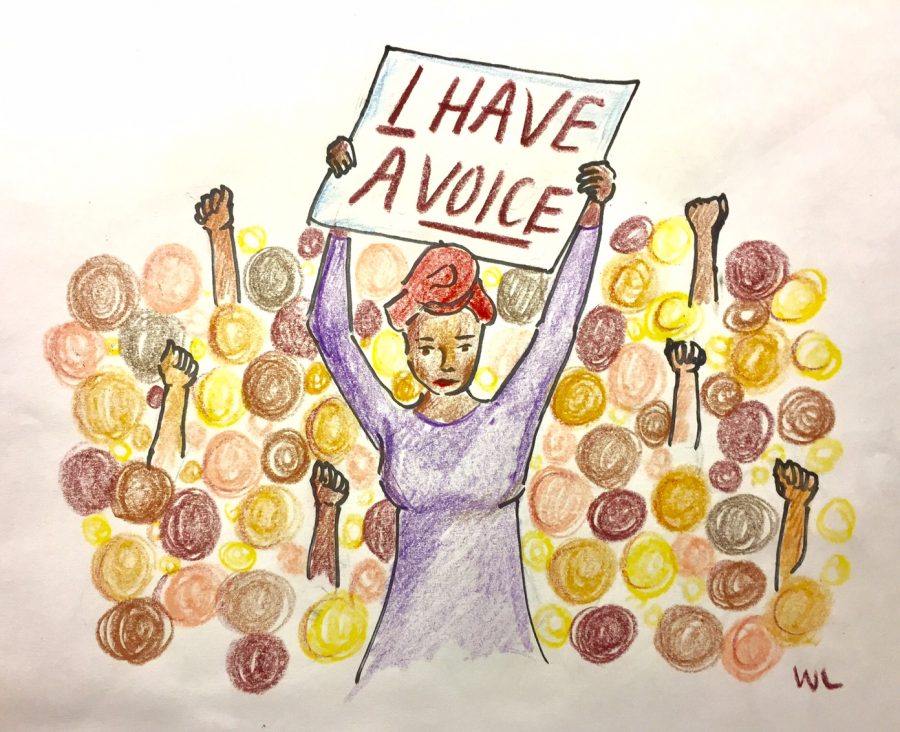Putting Protests to the Test
April 10, 2017
Since November 8, 2016, millions of strangers have united to protest against President Trump’s presidency and his controversial policies. So far 670 protests have taken place, with upwards of 200,000 attending a rally in San Francisco, 400,00 in New York, and roughly 460,000 in Washington DC. The sheer volume of people present at these political protests is staggering.
However, this political unrest is not a surprise, as the 2016 election was incredibly divisive. Coinciding with the election was a resurrection of protests, and sometimes riots, especially regarding rights for minority groups. Recent demonstrations have caused a growing number of states to take action against large and disruptive protests. Measures to toughen laws against demonstrators have been introduced in states such as North Dakota, Iowa, Michigan, Indiana, Colorado, Virginia and Washington. Many are questioning the decisions of these states to restrict civilly disobedient acts.
Regardless, it is clear that protests are more prominent in today’s society, especially those centered around Black Lives Matter, women’s rights, and other social justice issues. Valerie Chen ‘20 states that “Protesting has undoubtedly become more normalized in America, mostly due to media coverage, which is not necessarily negative as its prevalence encourages anybody to speak up for their personal beliefs.”
Although many admire the symbolic act of protesting, many others question the efficacy of civil disobedience, since not many policies seem to have changed. Contrary to this belief, a recent study from Harvard University found that although political protests do not always affect policymakers, they do encourage citizens to become politically active. The researchers argue that change was not the result of the actual protest, but of the way it motivated attendees.
Although political protests are not effective in the way that most would think, they allow citizens to see that they can make a difference. As long as people are exercising their right to constitutionally protected speech, civil disobedience is a valid, impactful way to become organize and advocate for one’s beliefs.

